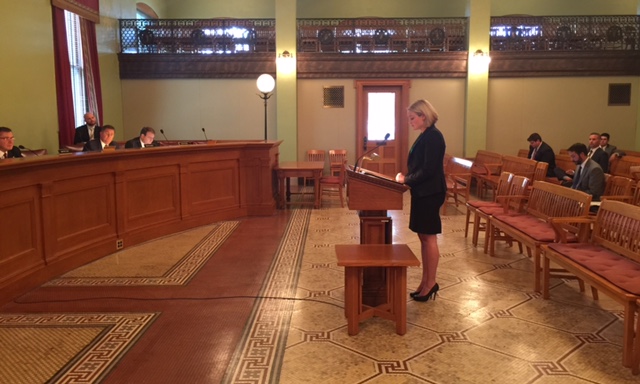May 2016 was a busy month at the Ohio General Assembly with a number of bills passed, including several that GOPC has been tracking. The bills described will assist neighborhood and community revitalization efforts around the state.
- HB390-fast track mortgage foreclosure on blighted residential properties. This bill became the vehicle for HB463 (and the earlier iteration of HB134). The portion of the bill GOPC was closely following provides path to expedite mortgage foreclosure on blighted residential property. The bill requires properties for sale through the sheriff or a private auctioneer to be offered through a website as well as in person. This bill is on the way to Governor for signature.
- HB 233-Downtown Redevelopment Districts. This act authorizes municipal corporations to create DRDs and Innovation Districts, which are essentially TIF districts. The DRD TIF and the Innovation District TIF can be used for a range of activities, including funding downtown managers (i.e. operating costs) and investing in building rehabilitation. This act has been signed and will go into effect August 6, 2016.
- HB 182-Joint Economic Development Districts. This bill expands eligible uses of JEDD income tax to include redevelopment; allows retail businesses to apply for property tax exemption in Enterprise Zones; adjusts Ohio’s New Market Tax Credit to allow more businesses to apply; requires federal NMTC commitment to access state NMTC. The bill is on its way to the Governor for signature.
- HB 303- D.O.L.L.A.R. Deed Program. The bill creates a voluntary program whereby homeowner facing foreclosure can quit-claim deed their home to their lender (deed in lieu of foreclosure) and then lease back the property for a set period of time with the option to rebuy. The bill is on its way to the Governor for signature.


